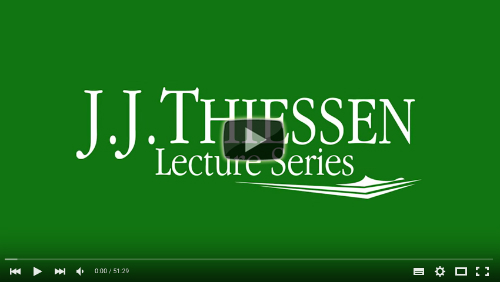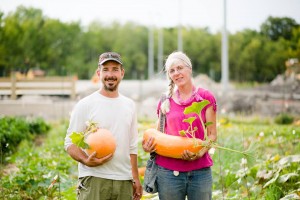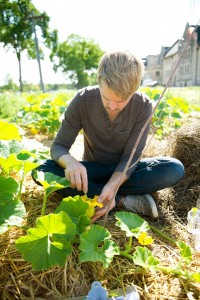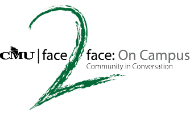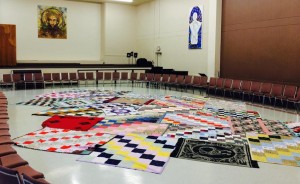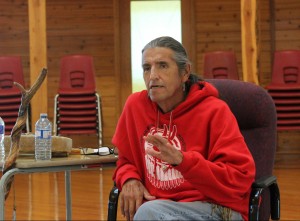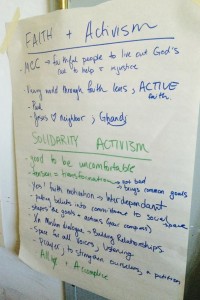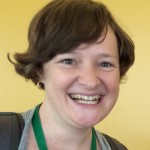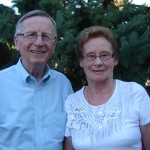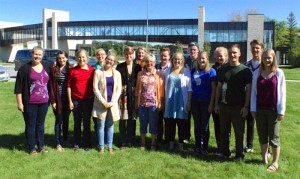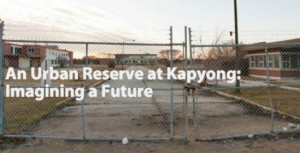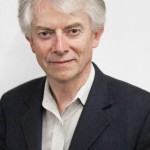2015 J.J Thiessen Lecture Series
Crude Awakenings: The Faith, Politics, and Crises of Oil in American’s Century
In late October 2015 Dr. Darren Dochuk, Associate Professor in the Department of History at University of Notre Dame, spoke as guest lecturer in the 2015 instalment of the longstanding J.J. Thiessen Lecture Series.
Each of Dr. Dochuk’s three lectures focuses on a particularly momentous flashpoint in the life of North American oil and evangelicalism and pauses for reflection on what this moment meant long-term for matters of faith and society. In the process of tracking the chronology of God and black gold in the modern era, Dr. Dochuk also raises questions and curiosities pertaining to evangelicalism’s relationship to capitalism and globalization, energy and environment, notions of time and broad interests in politics.
Lecture One – Blood of the Earth: Evangelicalism’s First Encounters with Black Gold
This lecture explores the earliest rumblings of oil in the late nineteenth and early twentieth centuries, and follow the journeys of some of petroleum’s first wildcatters—those who chased subsurface wealth from western Pennsylvania to Texas and Southern California, Southern Ontario to Russia and Indonesia. Drawing on the illustrative life stories of oil titans like Lyman Stewart and Lady Dundonald and diaries of oil drillers who left their farms in Ontario to travel to oil patches around the world, Dr. Dochuk explores the relationship of evangelical Protestantism to processes of resource extraction and economic progress, modern technologies, and mechanisms of a new capitalism. With special focus on Lyman Stewart, it Dr. Dochuck also considers the effects of these dynamics on the “fight for the fundamentals,” struggles between competing theologies and economic outlooks, and theologically informed corporate leaders, that ruptured Protestantism and petroleum in the first decades of the twentieth century.
Lecture Two – Carbon Democracies: World Wars and the Rise of Wildcat Christianity
This lecture charts the rise of the North American West’s independent oil companies and the philosophy of wildcat Christianity, which gained traction amid the crises of the Depression, World War II, and early Cold War. Its purview is wide, and offer a glimpse at the range of ambitions that shaped large oil companies (those with Rockefeller connections, for instance) as they expanded into the Middle East, South America, and other oil zones of the world. Henry Luce’s charge for American oilmen to take the lead in spreading Christian democracy was but one manifestation of this confidence. But the lecture focuses particularly on the coalescence of evangelical-minded citizens, church leaders, and politicians such as evangelist Billy Graham and Alberta Premier Ernest Manning, all of whom occupied the oil-rich areas of Alberta and the American Southwest, and grew close in their transnational understanding of region and environment, imperatives for evangelization and urgencies of time, and quest to advance their own sense of Christian democracy before their dispensation of abundance expired.
Lecture Three – Power Shifts: Fuel and Family Values in the Age of Evangelicalism
Moving through the heart of the 1960s and 1970s, with some conclusions in our current moment, this lecture tracks the final steps that oil patch evangelicals followed to gain political power. Tapping the behind-the-scenes activities of men like Ernest Manning, Billy Graham, and J. Howard Pew, whose work helped bring to fruition such momentous petroleum ventures as the Great Canadian Oil Sands in Fort McMurray, Alberta, it reevaluates the “culture wars” of the period as a struggle between competing visions of fuel as well as family values. Much has been written, of course, about the conservative-liberal tensions that sparked these culture wars and led to the Republican Right’s capture of the White House in 1980. In this closing talk, Dr. Dochuk folds issues of energy and environmentalism into the mix, measures evangelicalism’s abiding connections to the oil sector and their impact on the religious movement’s political success, and revisits the Reagan Revolution as a process long in the making and still much in effect. The lecture concludes with a glimpse at more recent manifestations of evangelicalism’s relationship to crude oil, and the internal and external pressures of a new generation that have begun to undermine it in this new millennium, with America’s Century now past.

